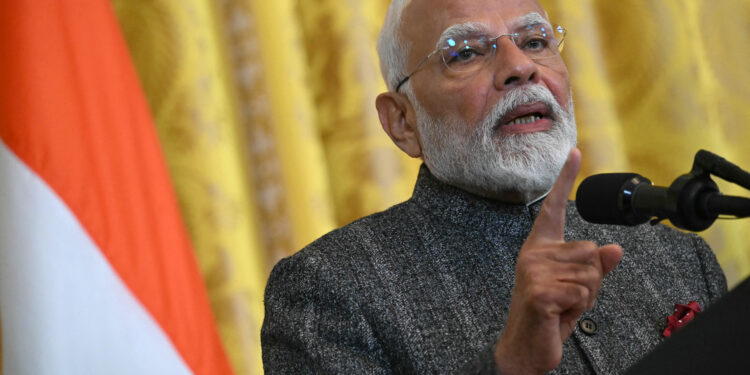Brussels – In a changing world, and one that offers less and less certainty now that Donald Trump is back in the White House, the EU is looking for new partners. And it strengthens cooperation with states that, like Narendra Modi‘s India, are gaining increasing weight in the international arena. Thus, the first official visit of the EU executive abroad will be to New Delhi. No formal initiative is expected to be launched, but it will be an opportunity to tangibly demonstrate the intention to tie the fate of the Twenty-Seven to that of the rising Asian power, in order to limit the damage of the unilateral decisions taken by the U.S. president.
Strategic Partnership
It was January 21 when, from the stage of the Davos World Economic Forum, the head of the European Commission, Ursula von der Leyen, announced that she would be travelling to India to meet with Prime Minister Narendra Modi and the rest of his government. The date chosen is at the end of the month, specifically Thursday, February 27 and Friday, February 28 (although the first of the two days will be devoted almost entirely to travel). 21 out of 27 commissioners will be present, including the President herself.
Brussels’ goal is to define the new strategic agenda to (re)set relations with New Delhi, which is expected to be officially adopted during the next EU-India Summit scheduled for the year’s second half. Therefore, Friday’s meetings—which will include a series of bilateral meetings not only between von der Leyen and Modi but also between the EU commissioners and their Indian counterparts—are not dedicated to making specific commitments but to advancing dialogue on crucial issues within the framework of the strategic partnership launched back in 2004. “2025 will be the year of EU-India relations,” assured an EU official.
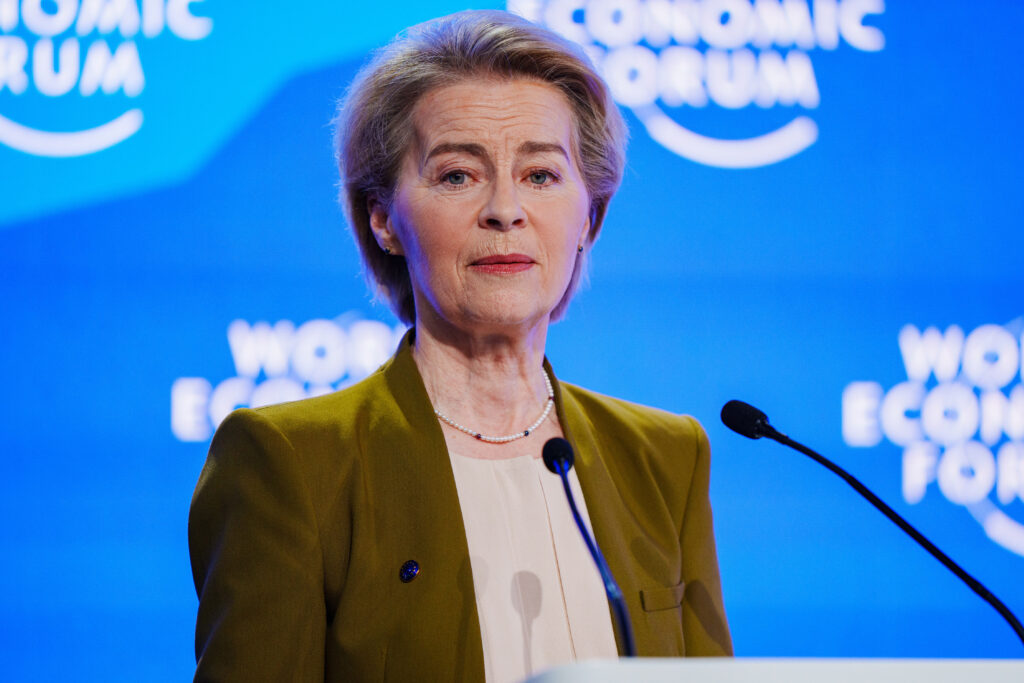
Security
Trade, competitiveness, security, and defence, among other issues, will be discussed. Another official pointed out that India is crucial to the Old Continent’s de-risking strategy to “increase our resilience and diversify investment.” Moreover, the Asian country is “one of those great powers with whom we would like to join forces” to ensure the resilience of the international security system, especially in light of the Russian war of aggression in Ukraine, which entered its fourth year yesterday.
The Commission points out that the Ukraine chapter is important, especially regarding the restrictive measures imposed on the Kremlin and their enforcement. New Delhi is suspected of buying some of the EU-sanctioned crude oil from Moscow and letting European aeronautical material into the Federation. Still, according to official advances, this issue is not expected to be addressed in Friday’s talks.
Eurasian and Indo-Pacific security are linked, the refrain at the Berlaymont sounds, and therefore, dialogue with New Delhi—considered “a champion and a sponsor of peace”—is essential. After all, cooperation is already active in some areas, including counterterrorism and crisis management, while collaboration should soon expand to include cybersecurity and space.
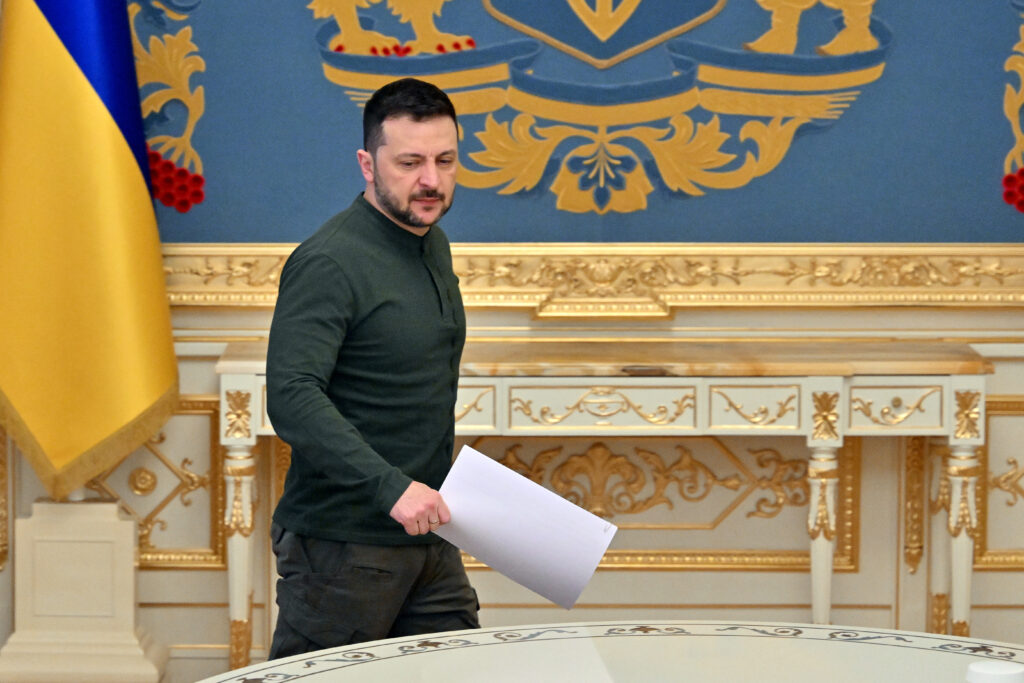
James Crabtree of the European Council on Foreign Relations (ECFR), a Brussels-based think tank investigating international politics, has told Eunews that “both Europe and India are in a moment of urgent strategic recalibration” due to the second Trump presidency. The analyst argues that it is hard to imagine a better time to revitalize the historically unsound ties between the two sides since, with the tycoon in power, the United States is “capricious again” (from customs tariffs to disrupting European security policy).
Business Dialogue
In the trade area, an important element will be the dialogue on the progress toward the conclusion of the Free Trade Agreement (FTA), whose negotiations began in 2007, were halted in 2013, and recovered after eight years in May 2021. Among the points on which there is still no agreement are, above all, the barriers (customs and non-customs) to trade between the two economies—particularly with respect to some key products such as automobiles and alcoholic beverages—that are unbalanced, being higher for European companies seeking to export to India. One of the bilateral meetings to watch will be the one between Brussels’ trade Commissioner, Maroš Šefčovič, and India’s minister Piyush Goyal.
During the College’s visit to New Delhi, the Trade and Technology Council (TTC) will also meet for the second time, following the first meeting in May 2023. Representing the Union will be the Commission’s Executive Vice-President in charge of Technology Sovereignty, Henna Virkkunen, Šefčovič and the head of Research and Innovation, Ekaterina Zaharieva. Among the main goals of the EU-India TTC is to strengthen collaboration on digital transition, clean technologies, investment and trade. Specifically, the focus will be on digital infrastructure and value chain resilience.
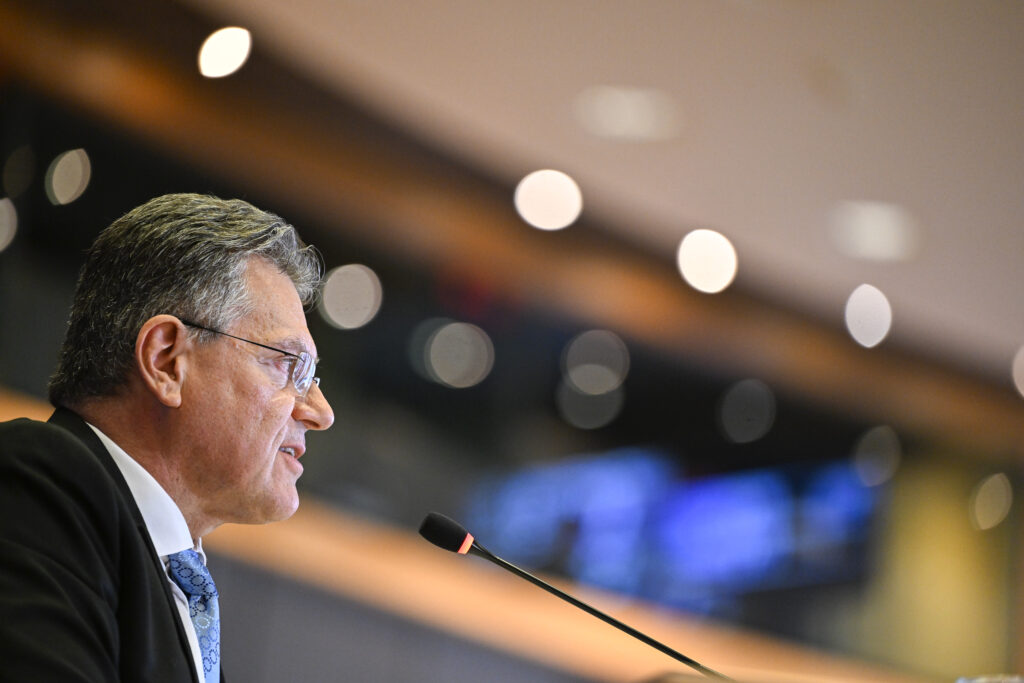
Clean Technology Innovation
There will also be talk of technological development, a central theme for India, which will host the next World Summit on Artificial Intelligence, after having co-presented the one in Paris on Feb. 11. Cooperation in this area, from AI to clean technologies via research and innovation, will underpin the growth of advanced economies in the near future. This, at least, is the reading of the Commission, which, at the end of January, unveiled its Competitiveness Compass with which it intended to translate into practice the recommendations contained in the report presented last September by Mario Draghi.
The Indian market is a bonanza that Brussels is not willing to give up, for example, regarding its potential in the field of green technologies and decarbonisation: New Delhi, together with Paris, is, for example, co-founder of the International Solar Alliance, which is expected to mobilize 1 trillion by the end of the decade. By contrast, exchanges on the European border carbon adjustment mechanism (the CBAM), about which India is sceptical, are not on the agenda.
Grey area
But while Brussels celebrates cooperation with the world’s most populous democracy, several critical issues in the relationship with New Delhi are also present. These start precisely with Modi’s ambiguous stance toward Vladimir Putin‘s Russia and Xi Jinping‘s China, the twelve-star club’s arch-enemy and strategic adversary, respectively.
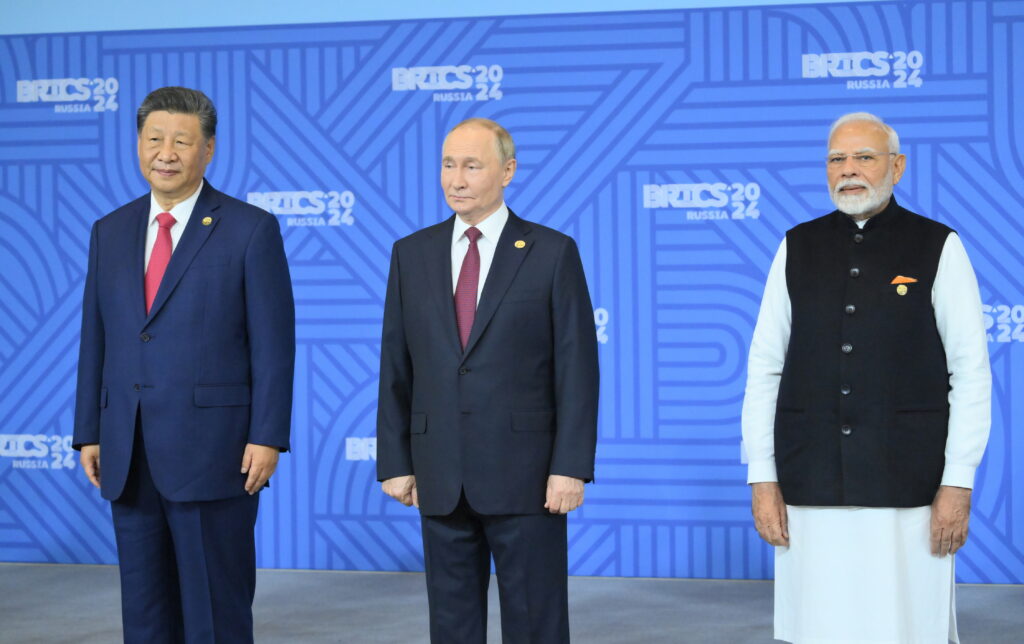
The confidence with which the premier moves on the international chessboard (India is one of the founders of the BRICS and presents itself as a champion of the global South, but balances between Western powers) could create embarrassment for the EU. Still, von der Leyen has amply demonstrated to be capable of great pragmatism, even if critics denounce it as double standards. One can, therefore, turn a blind eye to human rights protection if it serves to lift the fate of a Europe lashed by the blows that Trump never ceases to deliver left and right.
English version by the Translation Service of Withub